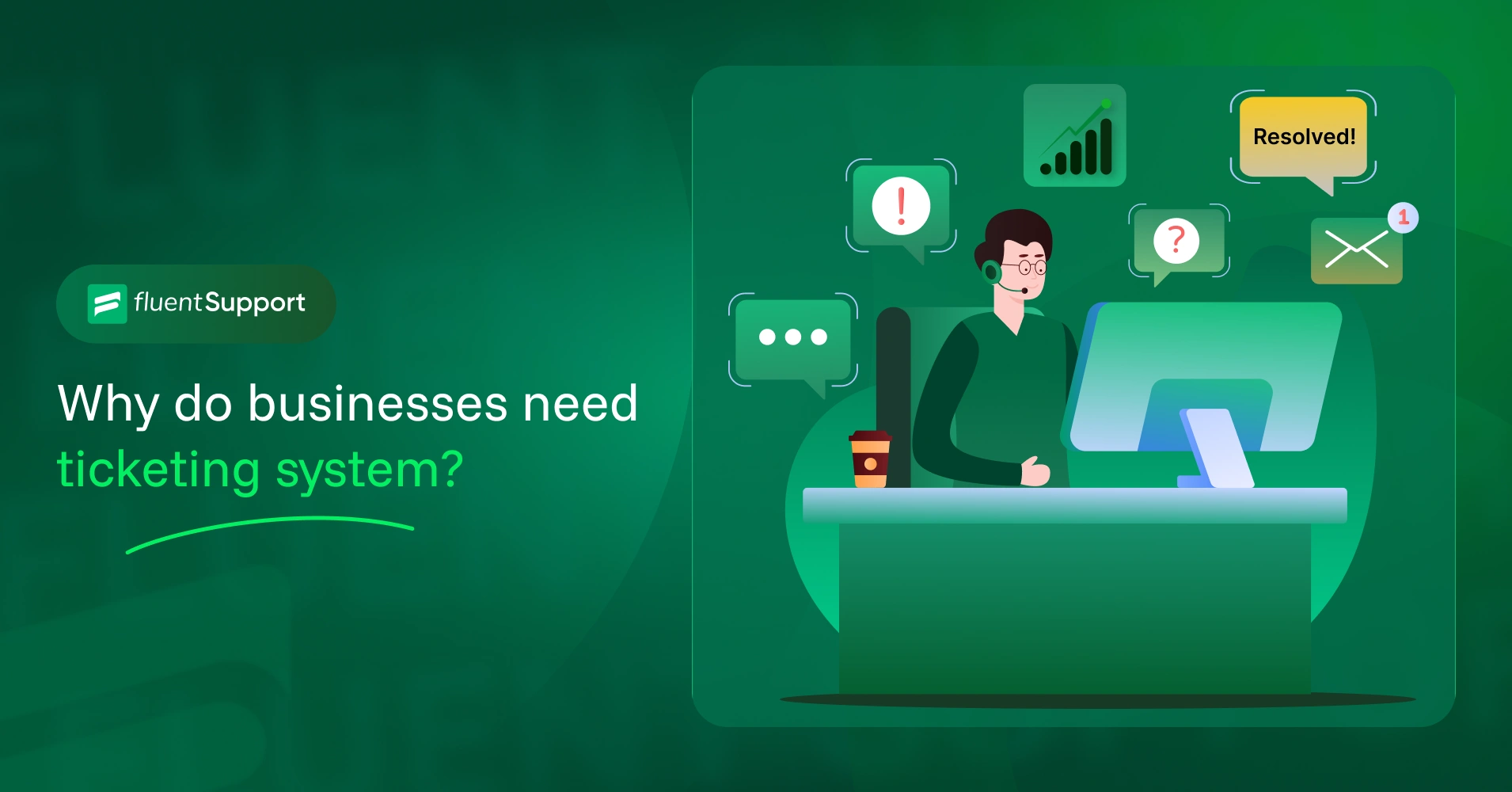
Why do businesses need a ticketing system?
By Md. Sajid Sadman
November 18, 2025
Last Modified: January 6, 2026
Customer support moves fast, and so do customer expectations. When messages flood in from email, chat, social, and forms, things get messy. A simple question gets missed, a follow-up slips, and frustration builds. Traditional inboxes and scattered tools simply can’t keep up.
A ticketing system closes that gap by bringing structure, speed, and accountability to every request. In this blog, we’ll break down why businesses rely on it and why it becomes essential the moment your customer volume starts to grow.
TL;DR
What is a ticketing system?
A ticketing system is the central hub that organizes every customer request into a clear, trackable ticket. Each ticket shows the issue, the owner, the priority, and the next steps. Nothing slips away, no matter how many channels customers use.
Instead of scattered emails and mixed-up conversations, everything lives in one structured workflow. Agents get full context. Managers get visibility. Customers get faster, more consistent responses.
In simple terms, a ticketing system brings discipline to support. It gives growing businesses the structure they need to deliver reliable help at scale.
Why does your business need a ticketing system?
In this section, you’ll see the core reasons businesses rely on ticketing systems to keep support organized, responsive, and scalable. Each part explains a specific benefit so you clearly understand how a ticketing system strengthens daily operations as your business grows.
Capturing every customer inquiry in one place
A ticketing system gives your support team something traditional inboxes never can: total visibility. When every request lands in one central pipeline, you instantly remove the biggest risk in customer service: missing a message you did not even notice.
With everything in one place, your team can instantly see what came in, what is pending, and what needs attention. It keeps your workload organized, helps you spot bottlenecks early, and makes sure urgent issues never wait longer than they should.
It also strengthens your internal process. Instead of asking teammates, “Did anyone reply to this yet?” every agent works from one clear, organized view of all customer requests. That means fewer mix-ups, fewer overlaps, and smoother collaboration as your team grows.
If you’re wondering what this looks like in action, here’s a quick glimpse of Fluent Support’s ticket dashboard, where every customer request shows up in one organized view.
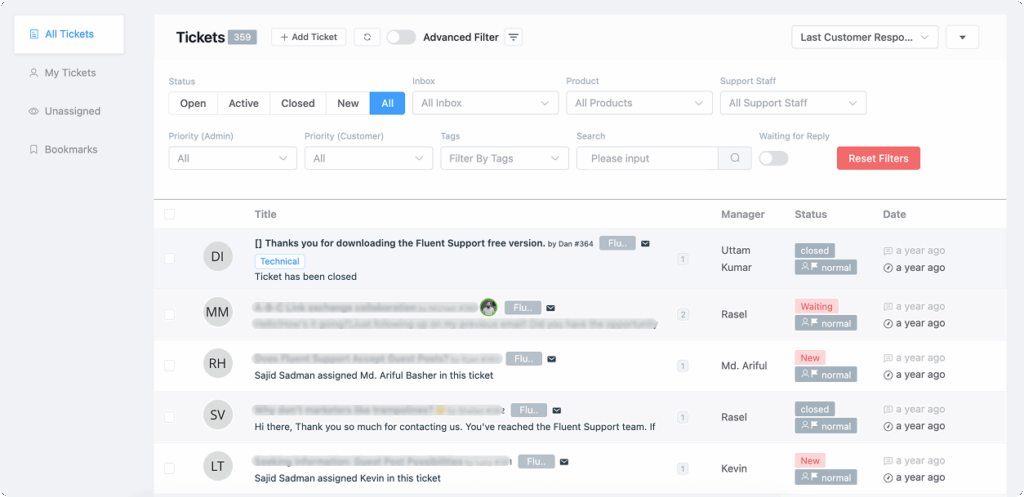
Faster responses and quicker resolutions
Speed is one of the biggest signals customers pay attention to. When people reach out for help, they expect quick acknowledgment and an even quicker solution. A ticketing system helps your team deliver exactly that by organizing work in a way that cuts out delays.
Every ticket shows what is waiting, what is urgent, and what needs a follow-up. Agents don’t waste time digging through inboxes or jumping between tabs. They simply move through a clear queue where priorities are already set. This reduces response times, shortens resolution cycles, and keeps conversations moving without confusion.
The result is simple. Customers feel heard faster. Your team works with less friction. And even during peak hours, support stays steady instead of slowing down.
Clear ownership and accountability
One of the biggest advantages of using a ticketing system is clarity. Every request gets a clear owner, a defined priority, and a visible status. Your team always knows who is handling what, without sorting through scattered threads or guessing who replied last.
Once a ticket is assigned, responsibility becomes easy to track. Agents stay focused on their queue, and managers can quickly see if workloads are balanced or if someone needs support.
The real benefit shows up when multiple people work across shifts. Even if an agent is offline, the next person knows exactly where things left off. Your team never has to guess what happened earlier because the entire history lives inside the ticket.
This level of accountability keeps the workflow smooth, reduces confusion, and builds a support process that stays reliable as the team grows.
Smarter workflows through automation
As your support volume grows, manual work starts slowing everything down. Agents spend time assigning tickets, updating statuses, or sending the same replies again and again. A ticketing system removes that extra effort with automation.
Instead of sorting every request by hand, automated rules assign tickets to the right agent, tag issues based on keywords, and set priorities instantly. It keeps the queue organized without anyone lifting a finger.
Automation also handles repetitive tasks like sending status updates, following up on pending replies, or closing inactive tickets. Your team stays focused on real problems while routine work runs quietly in the background.
The result is faster responses, fewer delays, and a support team that spends more time solving issues and less time managing them. It is one of the easiest ways for a growing business to scale support without increasing workload.
Data and insights for better decisions
A ticketing system does more than organize conversations. It turns your daily support activity into clear, measurable data that helps you improve over time.
You can see patterns like:
These insights help you fix bottlenecks, strengthen workflows, and understand what customers actually need. Instead of guessing, you start making decisions backed by real numbers.
It also gives managers a clear view of performance. You know where training is needed, where workload needs balancing, and where improvements will make the biggest impact.
With the right data in hand, support becomes predictable, efficient, and far easier to scale as your business grows.
Scales easily as your business grows
Growth is exiting until your support volume doubles and your old systems fall apart. Shared inboxes and manual tracking might work for a small team, but they hit a limit fast.
A ticketing system grows with you. As more customers reach out, the system organizes the rising volume without creating chaos. New agents can join, teams can expand, and workflows can evolve without breaking the process you already have.
It also lets you introduce structure gradually. You can start simple with basic ticket queues, then add automation, tagging, SLAs, assignments, or team-specific inboxes as your needs increase.
The more your business scales, the more valuable this stability becomes. Operations stay predictable. Customers get the same level of service. And your team can handle higher demand without burning out.
A strong ticketing system does more than support growth. It absorbs it.
Just a heads up: If you want a ticketing system that scales without charging you more for every new agent or rising ticket volume, Fluent Support offers exactly that. No per-agent fees, no hidden limits, no growth tax. Just smooth, predictable support as your business expands.
Useful across multiple teams in the business
A good ticketing system is not only for customer issues. Once teams start using it, they quickly realize how versatile it is across the entire business.
Internal IT teams use it to track technical requests.
HR departments use it for employee queries and onboarding workflows.
Operations teams use it to manage approvals, logistics, and internal tasks.
Product teams use it to collect feedback, bug reports, and feature requests.
Instead of scattered emails and manual follow-ups, every department gets a structured way to receive, assign, and resolve requests. It keeps communication clean and gives teams the visibility they need to work together without slowing each other down.
As your business grows, having one unified system for internal and external requests creates a smoother flow for everyone involved. It reduces delays, eliminates repetitive back-and-forth, and gives every team a clear record of what needs attention.
This flexibility makes a ticketing system one of the most valuable operational tools a company can introduce.
How does a ticketing system support the entire business?
Alright, now you know why your business needs a ticketing system. In this section, let’s see how it actually helps different teams across your company. When every request runs through one organized workflow, departments communicate better, stay aligned, and get their work done with far less friction.
Customer support teams
Support teams get the biggest lift from a ticketing system. Instead of juggling scattered emails and guessing who replied last, agents work inside a structured queue that shows every request, its history, and its current status.
This makes their day smoother, reduces stress, and keeps the entire workflow predictable. As a result, support becomes faster, more accurate, and far easier to manage as volume grows.
Support teams see the real difference once everything becomes organized, predictable, and easy to manage. And it is not just theory. Teams using Fluent Support are already experiencing it in their day-to-day workflow.
See how other businesses transformed their support with Fluent Support.
Sales teams
Sales reps depend on timely follow-ups. A ticketing system ensures no lead or pre-sales question gets lost. It helps track conversations, share context with the support team, and maintain momentum in the sales pipeline. The result is smoother communication and higher conversions.
Technical or product teams
Engineering and product teams get structured reports instead of scattered messages. They can sort issues by type, urgency, or frequency, which helps them fix bugs faster and spot recurring problems. It also gives them clean data for product improvements.
Operations teams
Operations teams handle a steady flow of internal requests. A ticketing system gives them a predictable process so tasks move from pending to completed without confusion. This reduces delays and keeps workflows synchronized across departments.
Management and leadership
Managers gain full visibility into performance, capacity, and customer pain points. Leadership can make informed decisions using real data instead of assumptions. This clarity helps allocate resources better, improve processes, and plan future growth.
Wrapping up
By now, you have a clear picture of why a ticketing system is not just helpful but genuinely essential for a growing business. It keeps every inquiry organized, speeds up responses, and gives your team the structure they need to handle support without stress. Most importantly, it helps you deliver a level of consistency that customers can trust every day.
When your operations start to expand, the right system becomes more than a tool. It becomes the backbone of your service workflow. It keeps your team aligned, your customers informed, and your entire support process running smoothly at any scale.
In simple terms, a ticketing system prepares your business for the customers you have today and the ones you will earn tomorrow.
Start off with a powerful ticketing system that delivers smooth collaboration right out of the box.






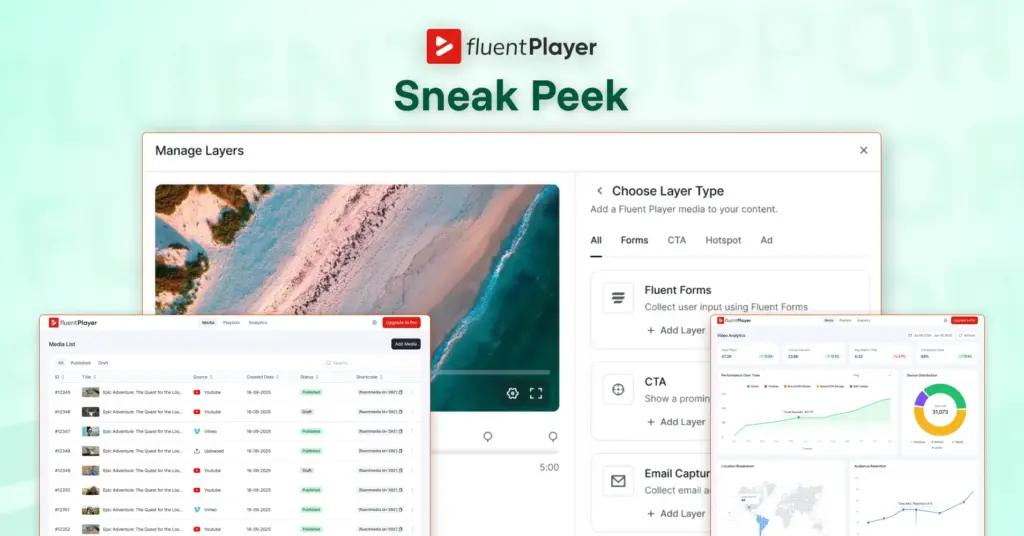
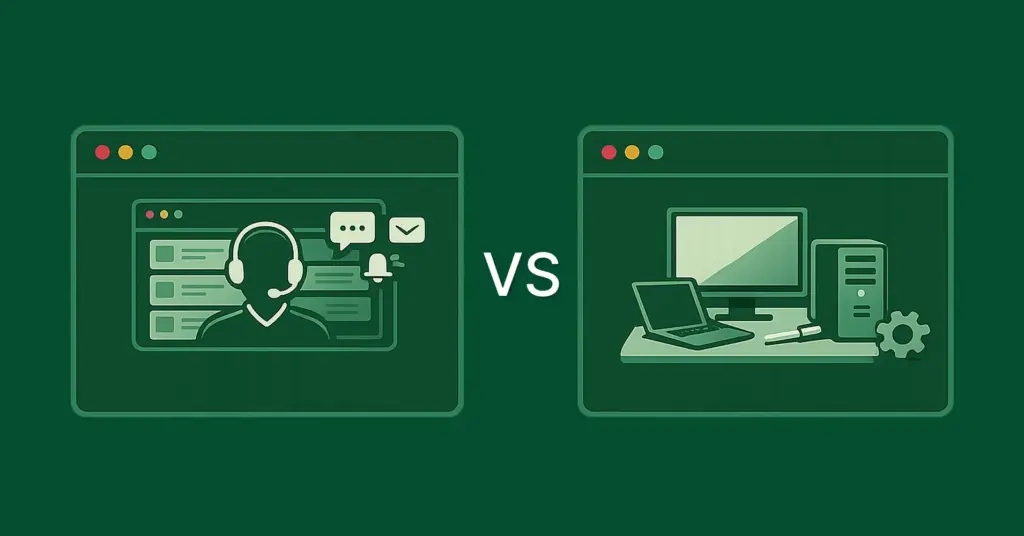


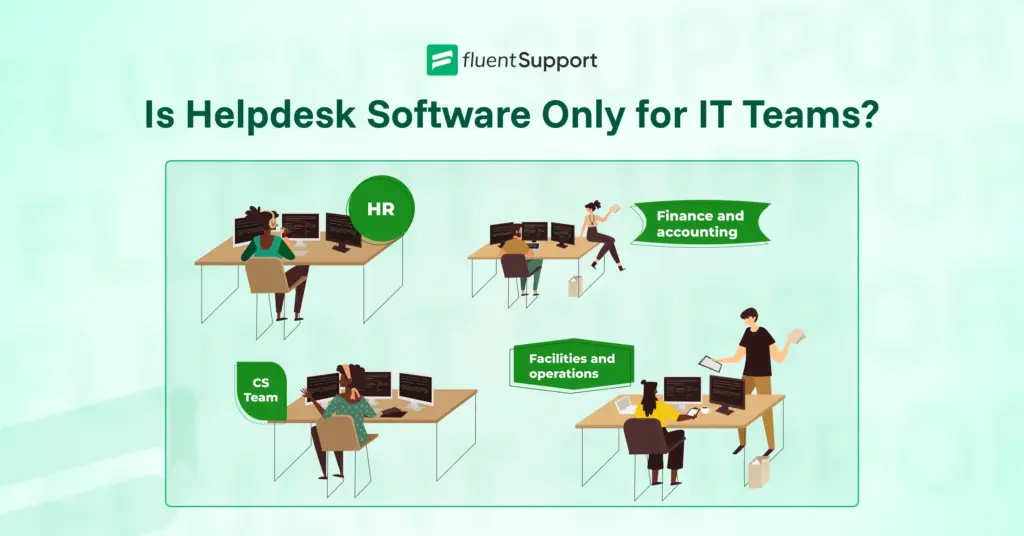

Leave a Reply